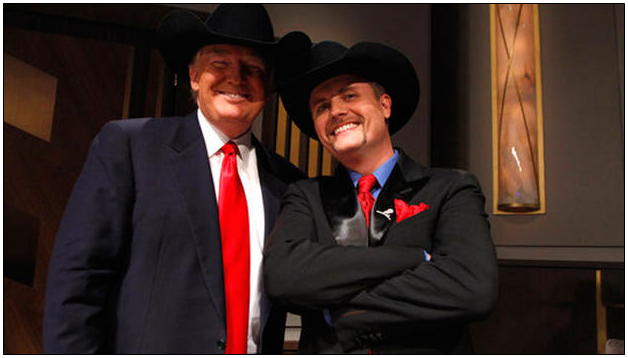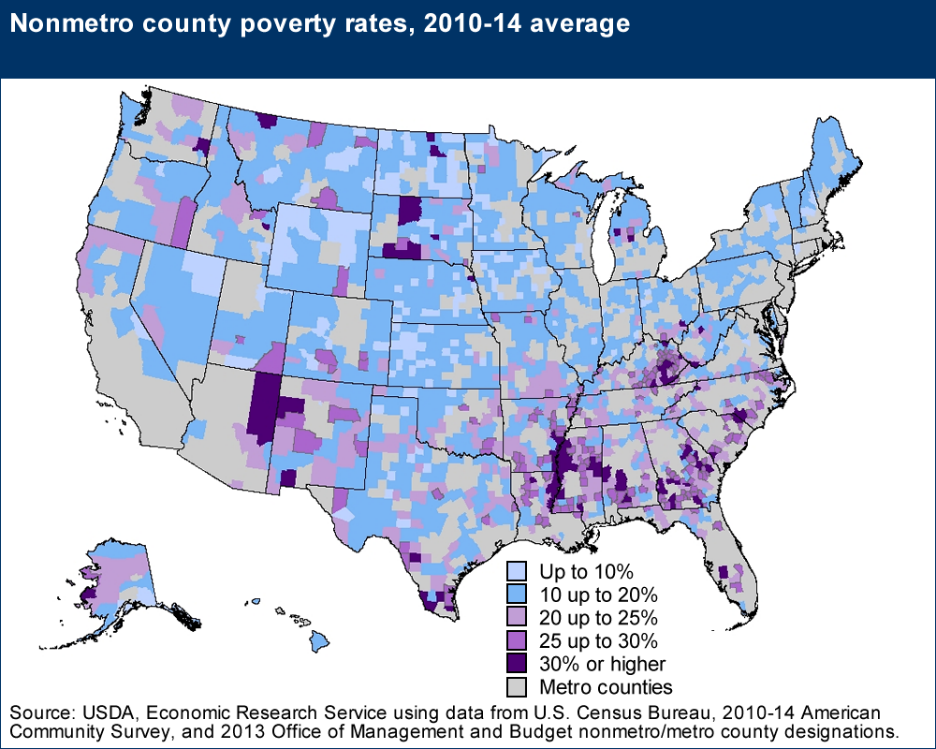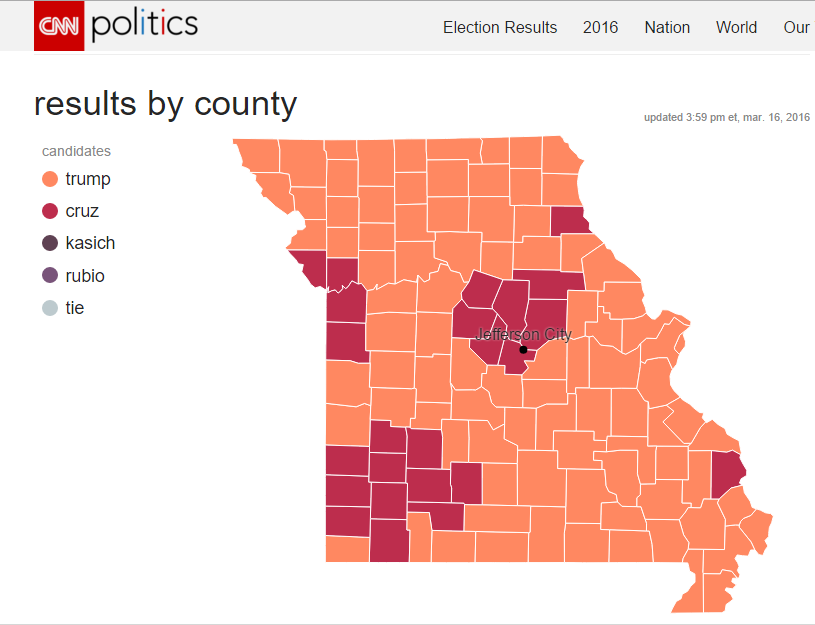By Dustin Howard
Pundits in Washington are befuddled. Three weeks after the SEC primary and after the last southern votes were cast last week, they wonder: how did a brash New Yorker win the south? Save for Cruz winning Texas, most of the former Confederacy voted for Donald Trump. Rural America beyond the south is largely trending the same way.
More remarkable still is that Michigan, Illinois and even Massachusetts agree with their southern brethren. How often does the industrial north agree with the south in a Republican primary? These areas, north and south, have been fertile ground for an uprising because both are feeling the pain from bad economic policies; Mr. Trump did not plant the seeds of populism, but he is enjoying the harvest.
These places, particularly the south, have always had a populist streak, and country music has reflected it. From Merle Haggard singing about being laid off from the factory in 1973 in “If we make it through December” to its culmination in Celebrity Apprentice winner John Rich’s “Shutting Detroit Down” in 2009, rural America is not friendly to the globalization that it perceives is shipping jobs overseas. In the recent ALG-Pat Caddell poll, 59 percent of Republicans answered agreed that “Over the last two decades the free trade agreements signed by the United States with other countries were more a benefit to foreign countries.”
The chorus of Rich’s song captured the anger well: “Because in the real world they’re shuttin’ Detroit down, while the boss man takes his bonus paid jets on out of town. D.C.’s bailing out them bankers as the farmers auction ground. Yeah while they’re living up on Wall Street in that New York City town, here in the real world they’re shuttin’ Detroit down.” Does that sound like someone who would support the 12-nation Trans-Pacific Partnership trade pact? After the bailouts and economic stagnation, is it any wonder rural America no longer trusts the government to negotiate on their behalf?
Rural America is still hurting, and globalization doesn’t have many rural fans. Why would it? According to the USDA, while rural unemployment has more or less correlated with metro unemployment, rural poverty is more prevalent than in metropolitan areas. Ostensibly, this indicates that the rural American is having a harder time bouncing back than his urban counterpart. Why would they to chance losing more jobs to a bad trade deal?
Compare the above U.S. Department of Agriculture map with county breakdowns in the GOP primary contest, and you’ll see that Donald Trump has done well in most of the states that have purple spots. The process of transitioning from post-agrarian to industrial and then to post-industrial has been an ugly one for rural America, and particularly the south.
If there is a place where the rural south and industrial north converge, it’s Missouri, one of the last true Border States; it is a sort of microcosm of Trump’s support base. On the map, you see the southern half of the state, largely removed from Kansas City and St. Louis, has more in common with Arkansas than it does with the northern half of the state.
In Missouri, the population centers tended to go for Senator Ted Cruz (R-Texas), including Kansas City, Springfield, Jefferson City, Columbia, Cape Girardeau and little Hannibal. Rural Missouri and St. Louis, which according to the St. Louis Fed was hit hard during the recession and lost a congressional district in the recent census, went to Donald Trump. Generally speaking, the western part of the state voted like Kansas, the eastern part like Illinois and the southern part like Arkansas; the former who voted for Cruz, the latter two who voted for Trump.
Even in the 1990’s and 2000’s when the nation had a better economy, this strain could be felt. It was expressed in songs like Alan Jackson’s “Little man” and Travis Tritt’s “Country ain’t country no more”. Both songs talk about the decline of small towns and farms, and drip with contempt about the new south’s developing their communities out of existence. This sort of “sentimental shame” as Merle Haggard called it, fuels the desire to hold on to what they have, and restore what they’ve lost.
Rural Americans have never liked the convoluted trade deals their politicians vote for; when they were polled about it in the recent ALG-Caddell poll, 72 percent, including 76 percent of Republicans agreed with the statement “The same political elite who have been rigging the political process in Washington are the same ones that have been rigging trade deals that hurt Americans, but benefit themselves.”
Instead, they are opting for the candidate that never held elected office, because they’ve had it with the insiders who rig trade deals against them. That sentiment isn’t just held in the south, but all over the nation.
Country music itself has changed. Many of the songs that now come out of Nashville are dirt road anthems that tend to be apolitical. On occasion, when country singers do engage in social commentary, the frustration with the economic status quo comes out. Listen close enough, and you can hear people who are tired of losing ground, and are fighting to preserve their way of life.
Dustin Howard is a contributing editor and rural Missourian at Americans for Limited Government










